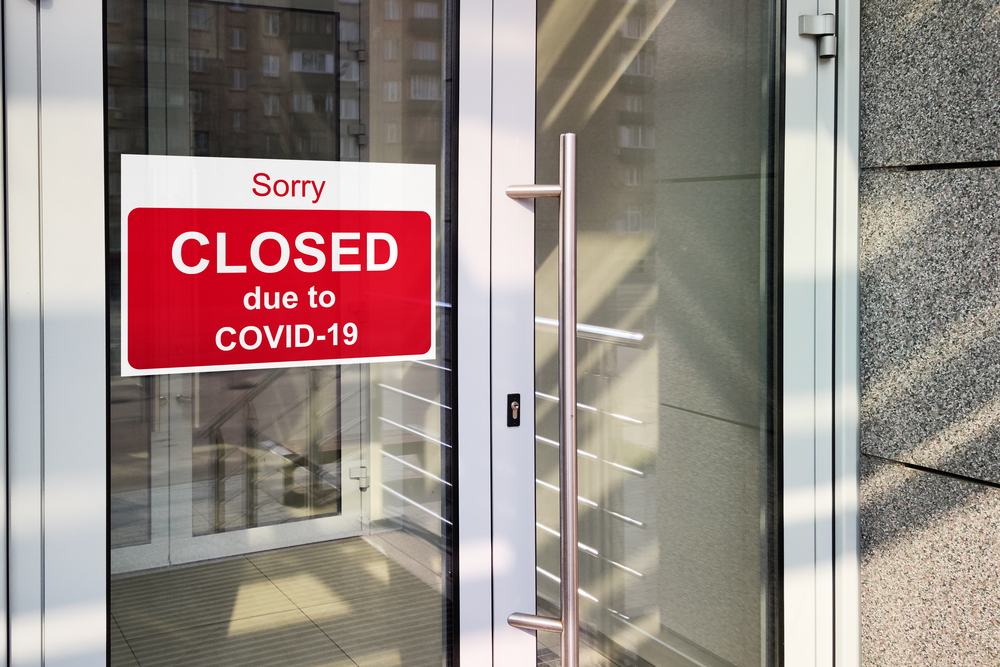
In Sir Corp. v. Aviva, 2022 ONSC 6929, the Ontario Superior Court found that COVID-19 did not constitute “direct physical loss or damage” to property required to trigger coverage for business interruption under a property policy. Sir Corp is one of the few decisions in the common law world that has ruled on business interruption claims under property policies in relation to COVID-19. Canada joins growing trends[1] in the U.S. and Australian courts that have similarly found COVID-19 does not trigger coverage under a property policy as it does not satisfy the “physical” requirement often included in the definition of “property damage”.
Sir Corp is consistent with the dominant consensus of what constitutes “direct physical loss or damage” in Canada: generally there must be some tangible alteration to physical property to trigger coverage. Loss of use alone is not enough, unless the policy wording provides otherwise. In reaching this decision, the Court in Sir Corp reaffirmed the key principle of policy interpretation to read the policy as a whole, rather than any particular provision in isolation such as an endorsement. Endorsements form part of the policy and do not stand alone.
FACTS
During the COVID-19 pandemic, Ontario declared several emergency orders including the suspension of non-essential business. As a result SIR Corp had to close its restaurants. SIR Corp made a claim for business interruption coverage under a commercial “all risks” policy (the “Policy”). The Policy provided coverage against “all risks” of “direct physical loss or damage” to insured property. The Policy also covered business interruption if the insured property was destroyed or damaged.
The Policy contained endorsements which extended coverage, including endorsements for loss caused by a peril insured which prevented or impaired ingress or egress from the property, and loss caused by order of civil or military authority as a direct result of loss or damage or to prevent a “catastrophe”.
The insurer denied coverage on the basis that the COVID-19 virus did not constitute “direct physical loss or damage” or “destruction or damage” to property. SIR Corp sought a declaration that there was coverage. SIR Corp argued that the Policy’s endorsements applied to trigger coverage because: (1) the ingress/egress endorsement did not require that a loss be “physical”; and (2) COVID-19 constituted a “catastrophe” under the civil authority endorsements.
DECISION
The Ontario Superior Court agreed with the insurer and found the loss was not covered under the Policy. The parties agreed no exclusions applied nor was there any ambiguity in the Policy’s wording. The issue was whether the loss triggered coverage in the first place. The Court found that SIR Corp’s interpretation required reading different sections of the Policy in isolation. The Court rejected this and reaffirmed that the Policy had to be read as a whole in order to determine the parties’ intention.
The starting point for interpreting the Policy was the insuring agreement and identifying the perils insured. The perils insured were “All Risks of Direct Physical Loss or Damage (except as excluded)”. The endorsements incorporated this description of perils insured. Read as a whole, the type of loss or damage insured under the Policy was all risks of direct physical loss or damage to property. Therefore, direct physical loss or damage was a condition precedent to the application of any of the endorsements.
The Court held that neither COVID-19, nor the government orders in response to COVID-19, resulted in any direct physical loss or damage to trigger coverage under the endorsements. Thus COVID-19 was not a peril insured. In this case, even if COVID-19 met the definition of “catastrophe”, it still did not cause a direct physical loss or damage.
The Court noted that Australian cases[2] dealing with similar claims were informative. The Australian courts had decided that certain policy provisions dealing with similar words such as “catastrophe” only applied where there was some physical event or phenomenon occurring to property, which did not include COVID-19. The Court acknowledged differences between Canadian and Australian legal principles, but found the Australian cases were helpful as existing common law jurisprudence on COVID-19 in the insurance coverage context.
TAKEAWAY
Sir Corp is a welcome decision to insurers. It is a recent and rare case concerning business interruption insurance in relation to COVID-19. The decision reinforces the dominant understanding of the words “direct physical loss or damage” commonly found in property policies in Canada: there must be some physical alteration or event that occurs in relation to property. In this case, the policy terms were clear that a physical element was required to trigger coverage. The COVID-19 virus did not satisfy this physical element.
Sir Corp also reinforces that endorsements form part of a contract of insurance—they do not have a life of their own. They must be read with the policy as a whole. They do not expand the fundamental type of perils insured, unless expressly stated otherwise.
[1] https://uk.practicallaw.thomsonreuters.com/w-034-1939?transitionType=Default&contextData=(sc.Default)&firstPage=true.
[2] LCA Marrickville Pty Limited v. Swiss Re International SE, [2022] FCAFC 17 and Star Entertainment Group Limited v. Chubb Insurance Australia Ltd, [2022] FCAFC 16.


